The problems facing Google
Google is dominant in its sector, yet its once-bulletproof brand exterior is showing a little bit of wear and tear.
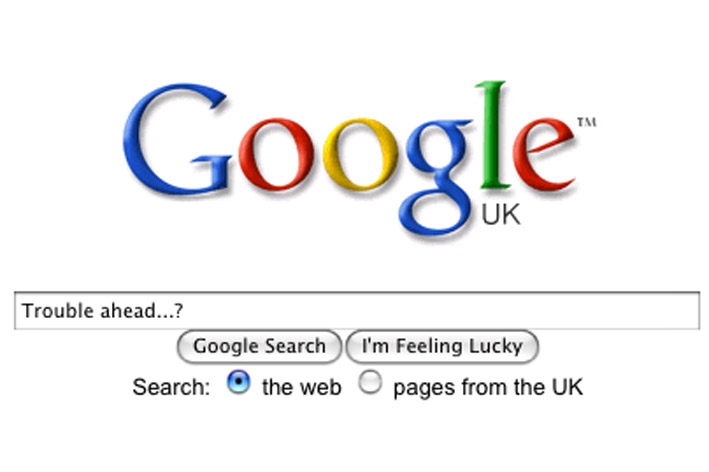
Sign up today and you will receive a free copy of our Future Focus 2025 report - the leading guidance on AI, cybersecurity and other IT challenges as per 700+ senior executives
You are now subscribed
Your newsletter sign-up was successful
Could it take on another purchase of the size of its $3.1bn acquisition of DoubleClick last year again? Or the $1.6bn purchase of YouTube in 2006?
Not easily, and perhaps that's one reason why the firm entered into far fewer such deals in 2008 than 2007. It could be that Google is wary, having alerted the competition authorities to one deal, of letting them near another. In short, it's got the point where, for an increasing number of reasons, it has to choose its targets well.
Shares
Its share price too has been feeling the pinch. Google's stock peaked at $747.24 in November of 2007, and in the last twelve months, its high point has been $602.45.
But at the time of writing, in early February 2009, Google's share price is down to more than half of its peak, at $350.73. Granted, external factors have clearly played their part in depressing the price, but that's still some fall, and some analysts suspect that the firm will never get near that near-$750 figure again.
There's also an issue of perception. While Google hasn't played the branding card anywhere near as well as Apple, surely the poster child for covering up the antics of big business with a smart public face, it's thus far fared a lot better than Microsoft, and used that to its advantage.
But such is the dominance of its advertising platform, that inevitably it's generating some degree of bad-will, simply because users have little choice but to go with it. Competitors are finding it nigh-on impossible to break down Google's market share, while other business are finding themselves utterly reliant on maintaining their Google ranking. A change in the latter can potentially make a significant difference to a company's bottom line.
Sign up today and you will receive a free copy of our Future Focus 2025 report - the leading guidance on AI, cybersecurity and other IT challenges as per 700+ senior executives
Furthermore, the level of control Google has over the web was indicated recently, when it accidentally managed to label the entire Internet as harmful. One small human error on a Saturday in most businesses would go unnoticed. Here, it affected an enormous number of people, and that's inevitably going to leave some wondering whether they need a Plan B.
As with any big business, there are further moves that have not always proven popular. The censorship of the search engine in China, privacy concerns, the targeting of advertising around people's e-mail, its street mapping plans, its intention to make lots of books freely available, the initial discord about the Chrome browser's EULA these are but a few of the issues that have circled Google in recent times.
Balance
Yet as things stand, Google is balanced really quite carefully. It's where it goes next that's interesting. It's very profitable, still retains a predominantly friendly face, and its strategy of launching new ideas and products quickly continues to give it genuine distinction from many of its peers.
But it could yet find itself at a crossroads. Just like Apple and Microsoft, it's dominant in its chosen sector. And also like that pair, there's an army of analysts watching its every move. Can it maintain its ethos of not being evil? Quite possibly. But it's getting harder to do it with every passing day...
-
 UGREEN NASync DXP4800 Plus review
UGREEN NASync DXP4800 Plus reviewReviews This four-bay NAS offers excellent hardware, but lags a bit behind when it comes to software
-
 AWS CEO Matt Garman isn’t convinced AI spells the end of the software industry
AWS CEO Matt Garman isn’t convinced AI spells the end of the software industryNews Software stocks have taken a beating in recent weeks, but AWS CEO Matt Garman has joined Nvidia's Jensen Huang and Databricks CEO Ali Ghodsi in pouring cold water on the AI-fueled hysteria.
-
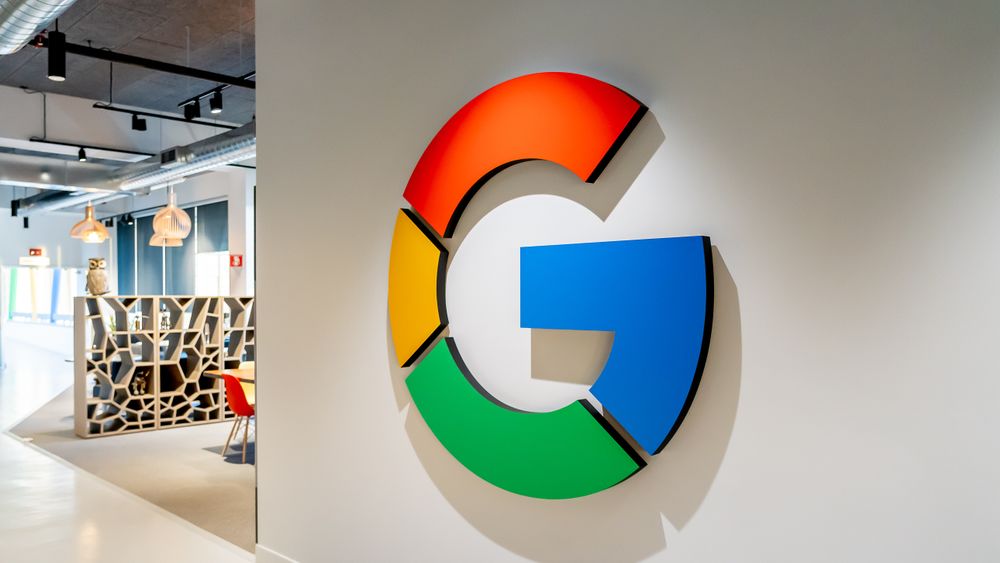 Google looks to shake up the way the tech industry classifies skin tones
Google looks to shake up the way the tech industry classifies skin tonesNews The tech giant is pursuing better ways to test for racial bias in tech products
-
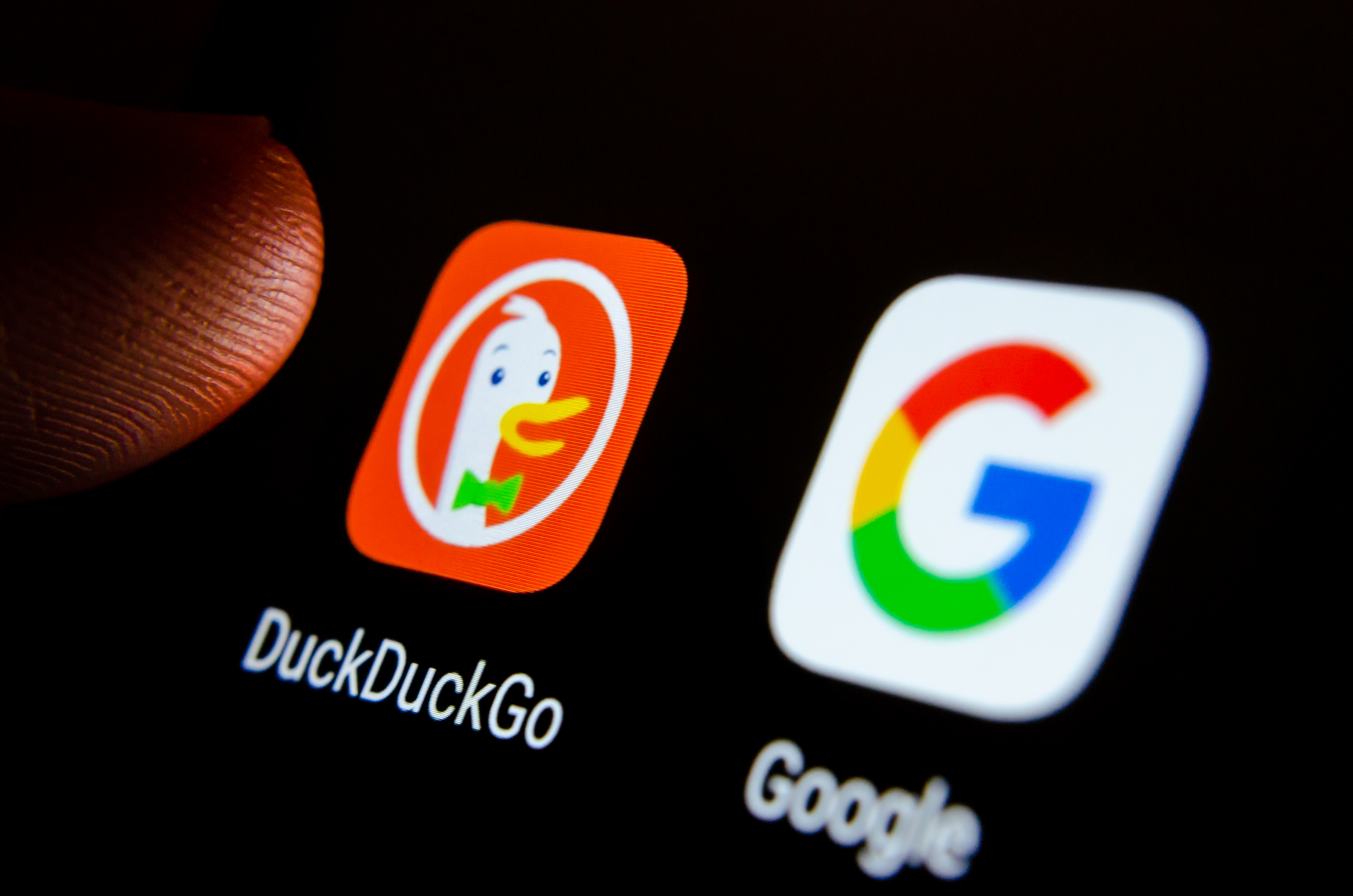 DuckDuckGo vs. Google: Privacy or popularity?
DuckDuckGo vs. Google: Privacy or popularity?Vs Google may reign as king, but it’s not the only option in the world of search
-
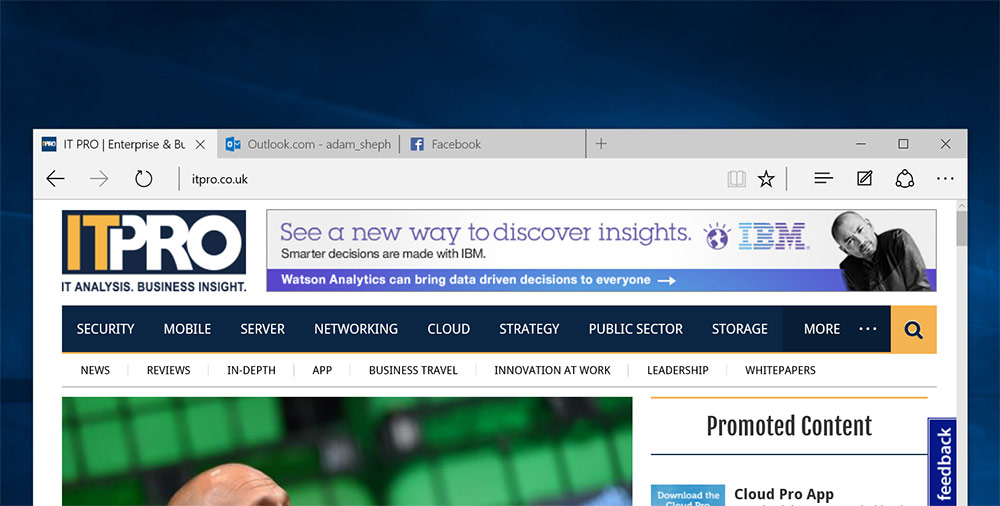 How to change your search engine in Microsoft Edge
How to change your search engine in Microsoft EdgeTutorials If you'd rather search through Google than Bing, here's how to change your default search provider in Windows 10's new browser
-
 Google's top 2014 search trends revealed
Google's top 2014 search trends revealedNews Google 2014 trends have been unveiled, and include the year’s biggest sporting events, tech releases, cat stats and more
-
 Google right to be forgotten rule extends to Bing & Yahoo
Google right to be forgotten rule extends to Bing & YahooNews The EU’s controversial right to be forgotten ruling against Google will now also apply to Yahoo and Bing
-
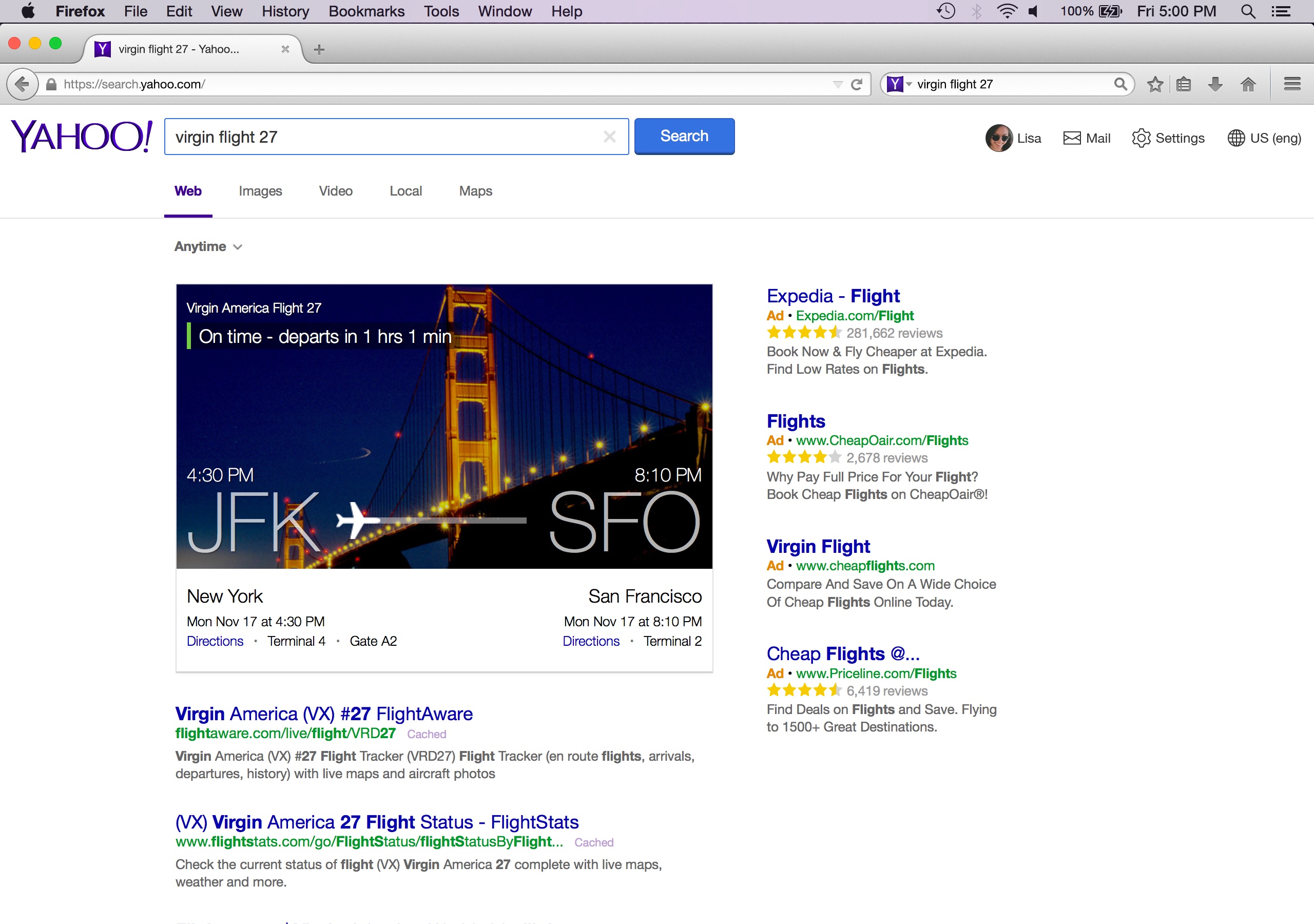 Firefox to switch default search engine from Google to Yahoo
Firefox to switch default search engine from Google to YahooNews Mozilla signs five-year agreement with Yahoo
-
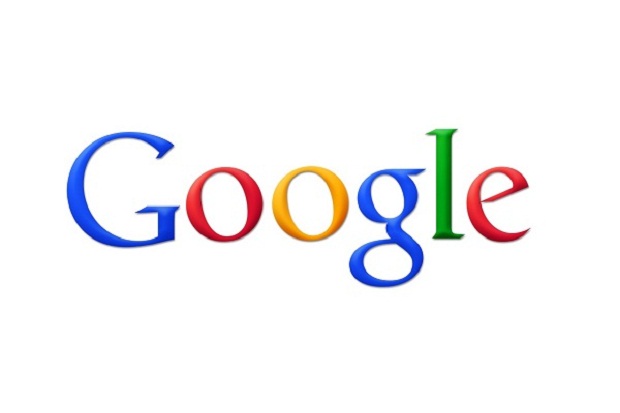 Google declares Amazon its biggest search rival
Google declares Amazon its biggest search rivalNews Google has dubbed Amazon its biggest rival above other traditional search engine companies
-
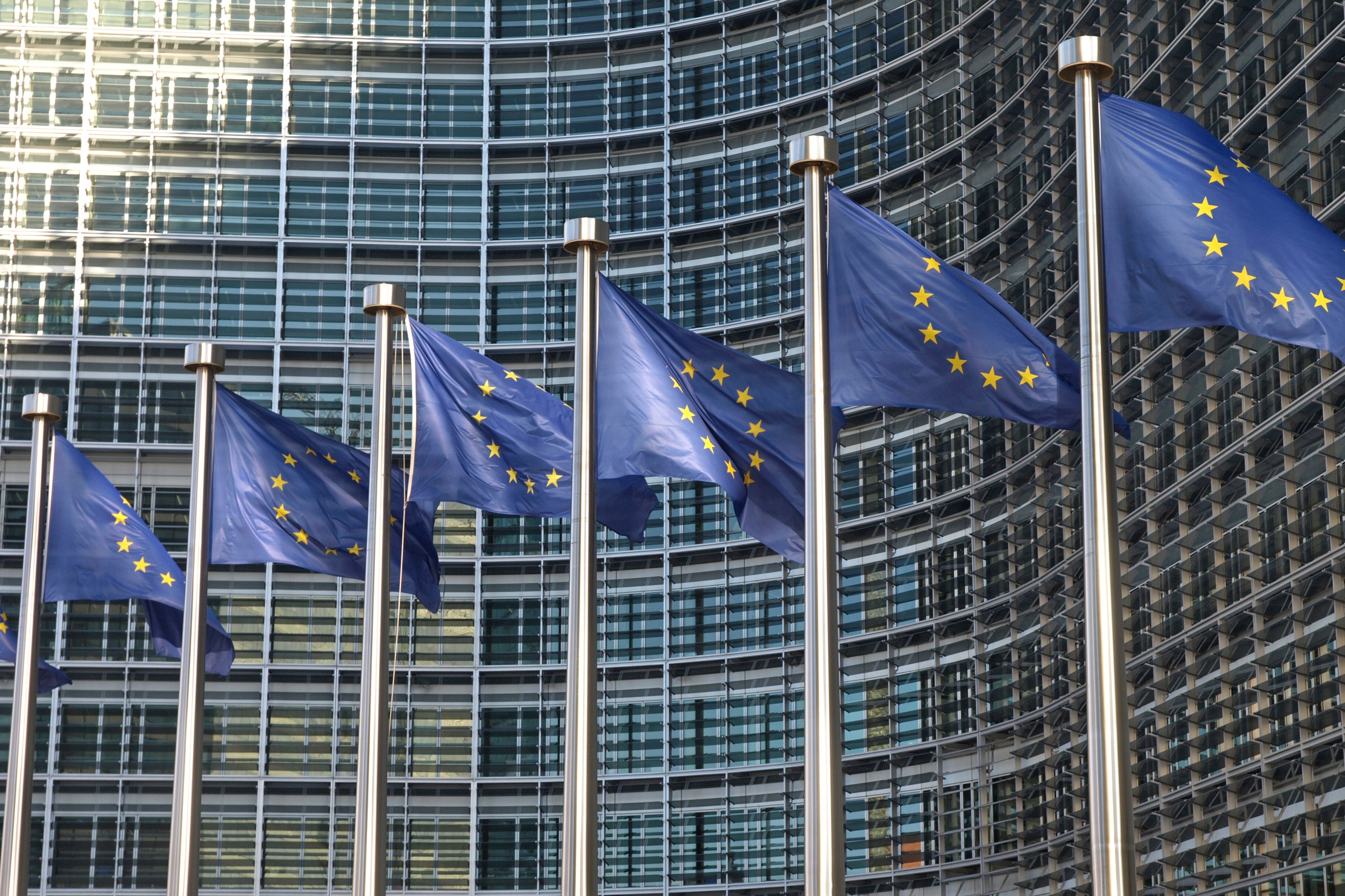 EU demands more concessions from Google over search dominance
EU demands more concessions from Google over search dominanceNews Google gets another chance to end probe